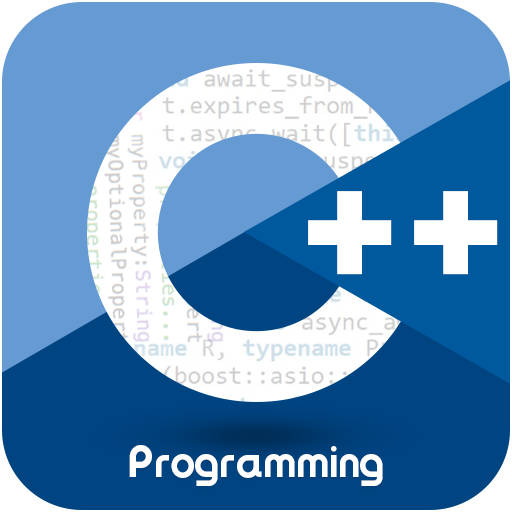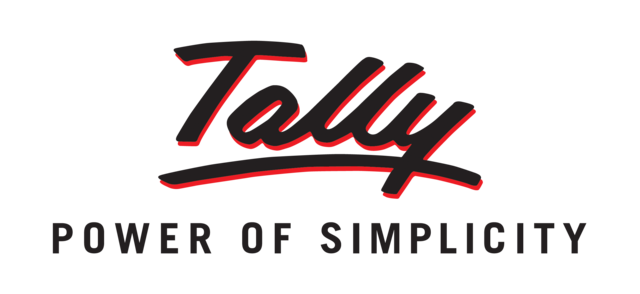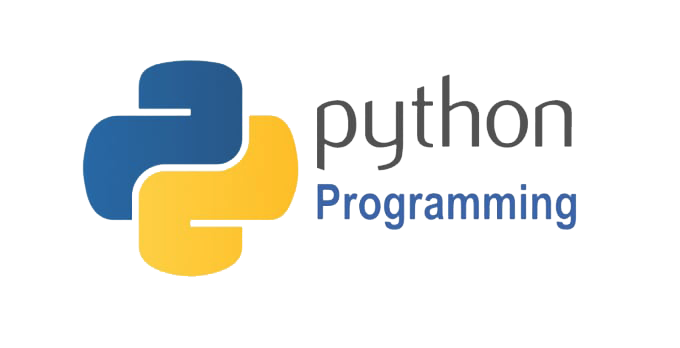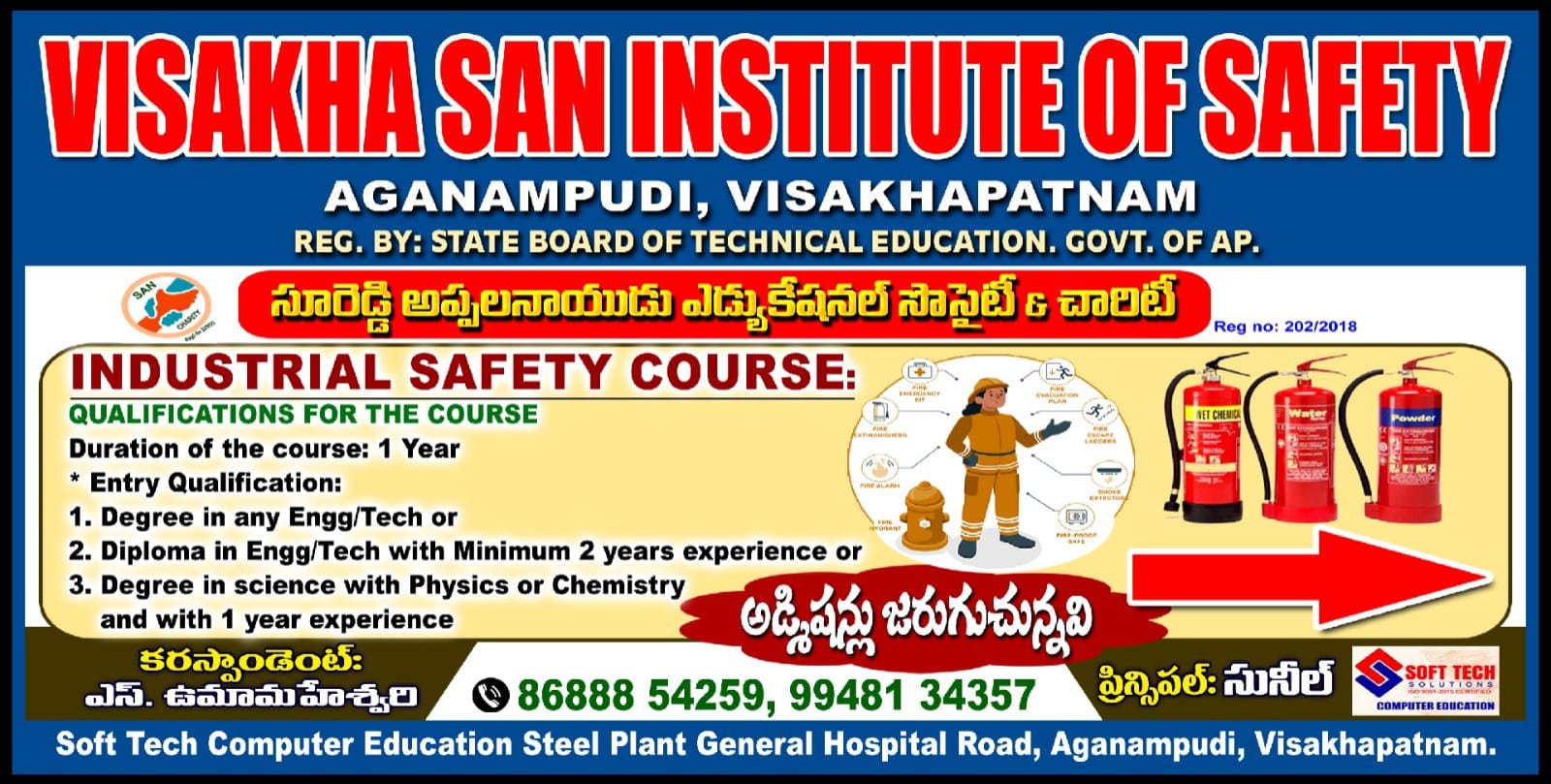
C programming
C programming is a general-purpose, procedural programming language that was developed in the 1970s by Dennis Ritchie at Bell Labs. C is a low-level language that allows you to write efficient, high-performance code that can run on a variety of platforms and architectures.
C has a simple syntax that makes it easy to learn and use, yet it provides a wide range of data types, operators, and control structures that allow you to write complex programs. C programs are typically compiled into machine code, which can then be executed by a computer.
The syllabus for a typical C programming course may include the following topics:
- Introduction to C programming: History of C programming, features of C programming, setting up the development environment.
- Data types and operators: Data types, arithmetic operators, relational operators, logical operators, assignment operators, bitwise operators, and type casting.
- Control structures: if-else statements, switch statements, loops (while, do-while, for), and break and continue statements.
- Functions: Defining functions, function arguments, return values, and recursive functions.
- Arrays: Defining arrays, accessing array elements, array initialization, and multidimensional arrays.
- Pointers: Pointers and addresses, pointer arithmetic, pointer and array relationships, and function pointers.
- Strings: String functions, string operations, and string arrays.
- Structures and unions: Defining structures, accessing structure members, arrays of structures, and unions.
- File handling: Opening and closing files, reading and writing files, and manipulating files.
- Dynamic memory allocation: Using malloc, calloc, and realloc to allocate memory dynamically.
- Preprocessor directives: #define, #include, #ifdef, and #ifndef.
- Standard Library functions: Math, character handling, string handling, and memory handling functions.
- The specific topics covered may vary depending on the course provider and the level of the course. Additionally, some courses may cover advanced topics such as network programming, GUI development, and multi-threading.







